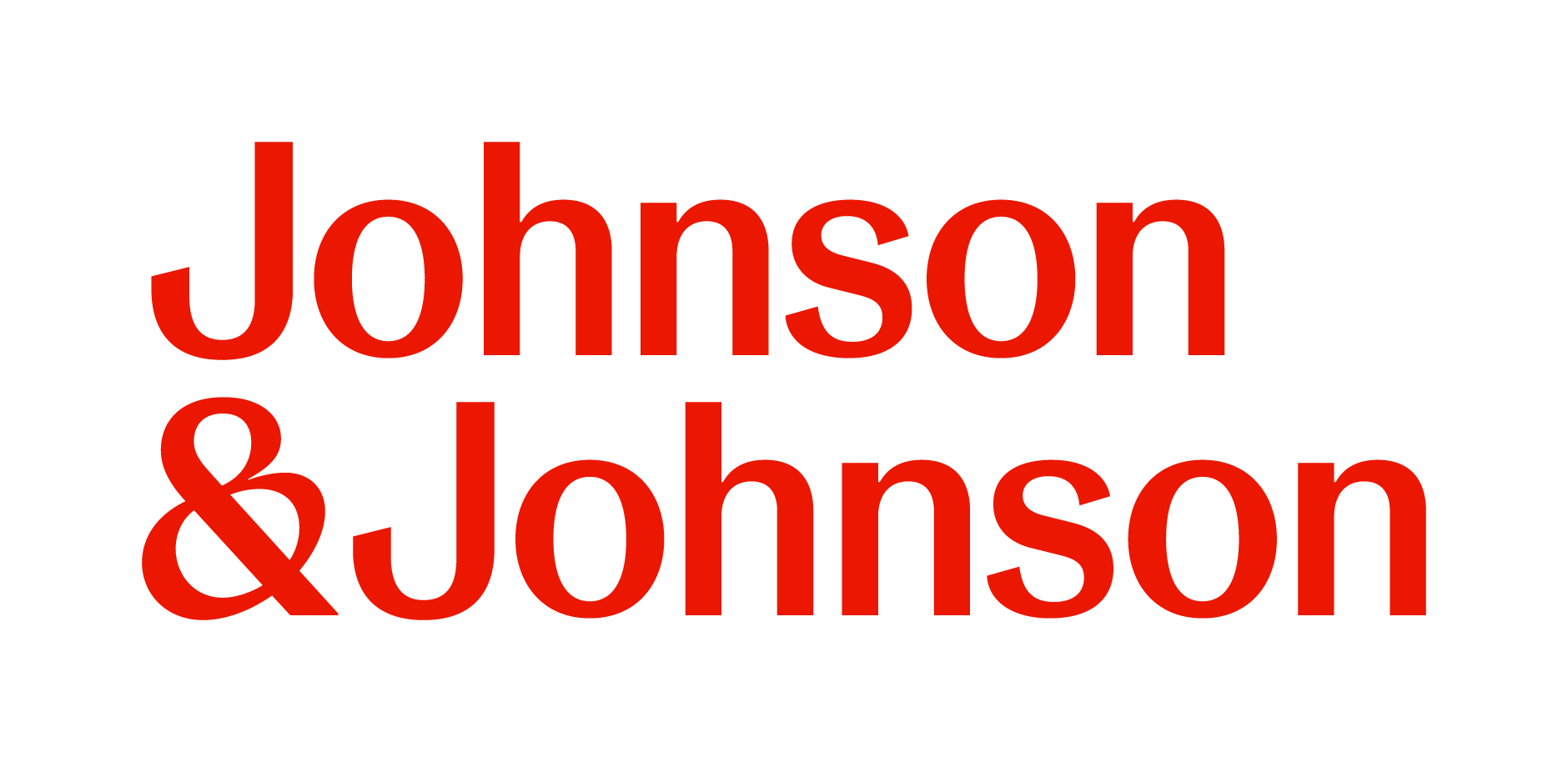Since my freshman year of college, I have written over 100 cover letters, undergone 50+ hours of interviews, sent roughly 80 LinkedIn InMails, taken every skills test under the sun (math tests, IQ tests, writing samples, case studies, etc.), experienced a few panic attacks and one possible nervous breakdown, and shaken dozens of hands.
Now, to be clear, I am not purporting to be an expert on the interview process or even claim that I have experienced all there is to experience. However, over the years, I have learned a thing or two when it comes to interviewing for internships/entry-level jobs and I would like to share some of my “Do’s and Don’ts” with you all.
1. DO: Read or keep busy in between interviews:
This is especially true for recent graduates and those interviewing for summer internship positions. I was fortunate enough to find a job relatively quick after graduation, but I did spend about a month after classes ended applying and interviewing for jobs. After sitting at home in between interviews and watching nonstop marathons of SpongeBob and Bubble Guppies with my nephew, I quickly realized that I was either going to lose my mind or destroy the close bond I share with my nephew by selling our TV on Craigslist. Anything to make the Bubble Guppies stop!
Realizing that my parents might also not look too favorably upon my decision to sell the family television, I decided to spend my down time keeping my mind sharp. As a Political Science graduate, this meant reading the New York Times and the Washington Post in the morning, listening to NPR in the car, and catching the Rachel Maddow Show on MSNBC before bed. Of course, for a business or engineering graduate this regiment will be slightly different, but the main point is to keep reading and learning in order to stay aware of the current events in your field of expertise and keep your mind from melting in the summer heat.
I noticed a significant change in my mood and disposition after starting this daily regimen while waiting for a job offer. Sitting around for hours watching TV or browsing the internet will make you feel sluggish and could have detrimental effects on your interviews.
2. Don’t: Get attached to a job before landing it:
Let me give you an example. A few weeks ago, I was interviewing for a junior associate position at a top financial communications firm in San Francisco. I had passed the initial phone interview, writing test, and the second round of interviews. The final round of interviews was approaching, and I slowly began to imagine my life in San Francisco. Before I knew it, I had picked out a beautiful studio apartment near downtown, identified possible parks to walk my dog, and mapped out my commute to work.
I had made the very dangerous mistake of getting attached to a job and lifestyle that was not yet mine. As I am sure you guessed, I received the dreaded rejection e-mail after the final round of interviews. With that e-mail, my San Francisco dreams became just that – a dream.
Best advice to wide-eyed recent graduates or internship seekers – don’t get attached until you receive an official offer letter. Then you can go ahead shopping for drapes.
3. Do: Prepare to get tested:
Employers are increasingly turning away from the typical 30-40 minute interview to a complex series of interviews, tests, and case studies designed to determine the suitability of potential candidates. Almost every job or internship interview that I have undergone has included some form of a skills test. My McKinsey interview involved an hour long Problem Solving Test (PST) and several business case studies designed to evaluate the problem solving abilities of candidates. I have also completed IQ tests, and other evaluations that have tested my basic math skills, writing/grammar skills, and even personality.
To assume that your next interview will only be a 30 minute long “fit” interview with basic questions covering your resume can bite you later on. My advice is to start brushing up on your middle school math (percentages, metal math, data interpretation, etc.) and perfect your proofreading skills in the event that you are presented with a writing test.
Even if you are not tested, these are useful everyday skills that will only benefit you if you do land a job.
4: Don’t: Underestimate the power of LinkedIn:
There is no doubt that almost every 20-something year old has been guilty of Snapchatting a picture of themselves about to do something stupid with one hand while updating their Facebook status with the other. I put myself squarely in that camp as well.
However, the one simple thing that every social-media savvy young person can do with ease is create a polished and impactful LinkedIn profile. It is one of the most useful tools for recent grads but one of the most underutilized. I have seen recent graduate profiles with unprofessional profile pictures, countless spelling mistakes, and professional experience entries with little or no detail explaining their past responsibilities and/or accomplishments.
My LinkedIn profile has been instrumental in landing job and internship interviews. Having a professional and detailed LinkedIn profile will be a signal to recruiters that you are a serious candidate and just not another recent graduate.
Take the time and perfect your LinkedIn. It will be your best friend throughout the job hunting process.






